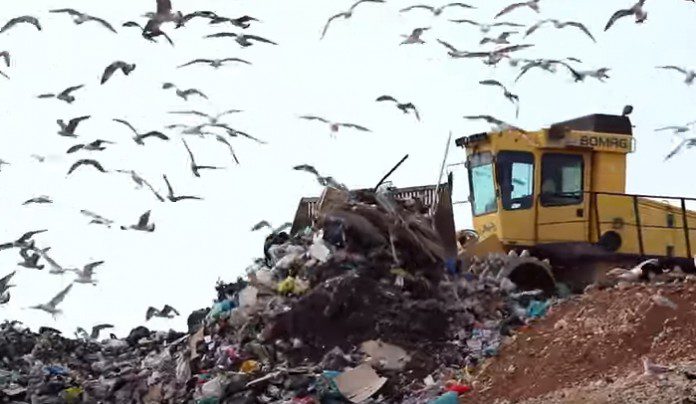Indeed, it would make us feel proud to take an important step towards reducing pollution through enjoyable means, such as recycling. Surprisingly, this process may not always be advantageous and has some unfavorable effects that are unknown to most of us. This means that before taking such a bold step, it is very important to understand its pros and cons first.
List of Pros of Recycling
1. It can reduce the amount of landfill waste.
Basically, recycling waste and old products into new ones will reduce the amount of waste that will go to landfills. And as landfills are major contributors to land and water pollution, thus helping conserve the environment. In fact, recycling programs are keeping 70 tons of waste from being thrown into landfills each year.
2. It helps reduce pollution.
Industrial waste is one of the primary sources of all forms of pollution, and recycling waste from industries, such as chemicals, cans and plastic, will help cut down pollution levels considerably. These waste materials will be re-used, rather than throwing them away irresponsibly.
3. It observes sustainable and judicious use of resources.
Recycling ensures that there is no discern use of materials when available in plenty. Basically, the process is encouraged at all levels, including schools, corporate organizations and foreign entities, which means that people can preserve all valuable resources for the future generations, without compromising the present.
4. It helps protect the environment.
Generally, recycling helps protect the environment in the most balanced way. For example, felling and deforestation are minimized by repeatedly using recycled paper. Aside from recycled paper, there are still a number of other natural resources that can be reused in the same manner.
List of Cons of Recycling
1. It does not guarantee that recycled products will last for long.
Recycled products are not really popular when it comes to durability. As you can see, such items are mostly made of waste materials that are overly used and fragile. This is the reason why they are cheap and last only for a shorter period of time.
2. It is not always cost effective.
Sometimes, it may be necessary to establish separate factories to process re-usable products, which may still produce more pollution as it would undergo the process of cleaning, transportation and storage. In fact, setting up a new recycling unit will involve high cost, which can come up as part of upgrading the processing facility, acquiring different utility vehicles, disposing of existing waste and chemicals, educating residents by organizing seminars and programs, etc.
3. Its sites can be unhygienic and unsafe.
Unfortunately, recycling sites are often unhygienic and unsafe. Places where waste is dumped are naturally conducive for debris formation, spread of diseases and other dangers caused by harmful chemicals. This is not only hazardous to the recyclers, but also to people in the surrounding areas.
4. It is not widespread on a large scale.
Though recycling is a significant step to minimize pollution, this process is unfortunately just a small part of long-term success. The process is just common among small-scale schools and homes, but has failed to be useful at a large scale, such as at industries.
After weighing the pros and cons of recycling, you will be able to gain sufficient knowledge before performing the process.
Crystal Lombardo is a contributing editor for Vision Launch. Crystal is a seasoned writer and researcher with over 10 years of experience. She has been an editor of three popular blogs that each have had over 500,000 monthly readers.


















